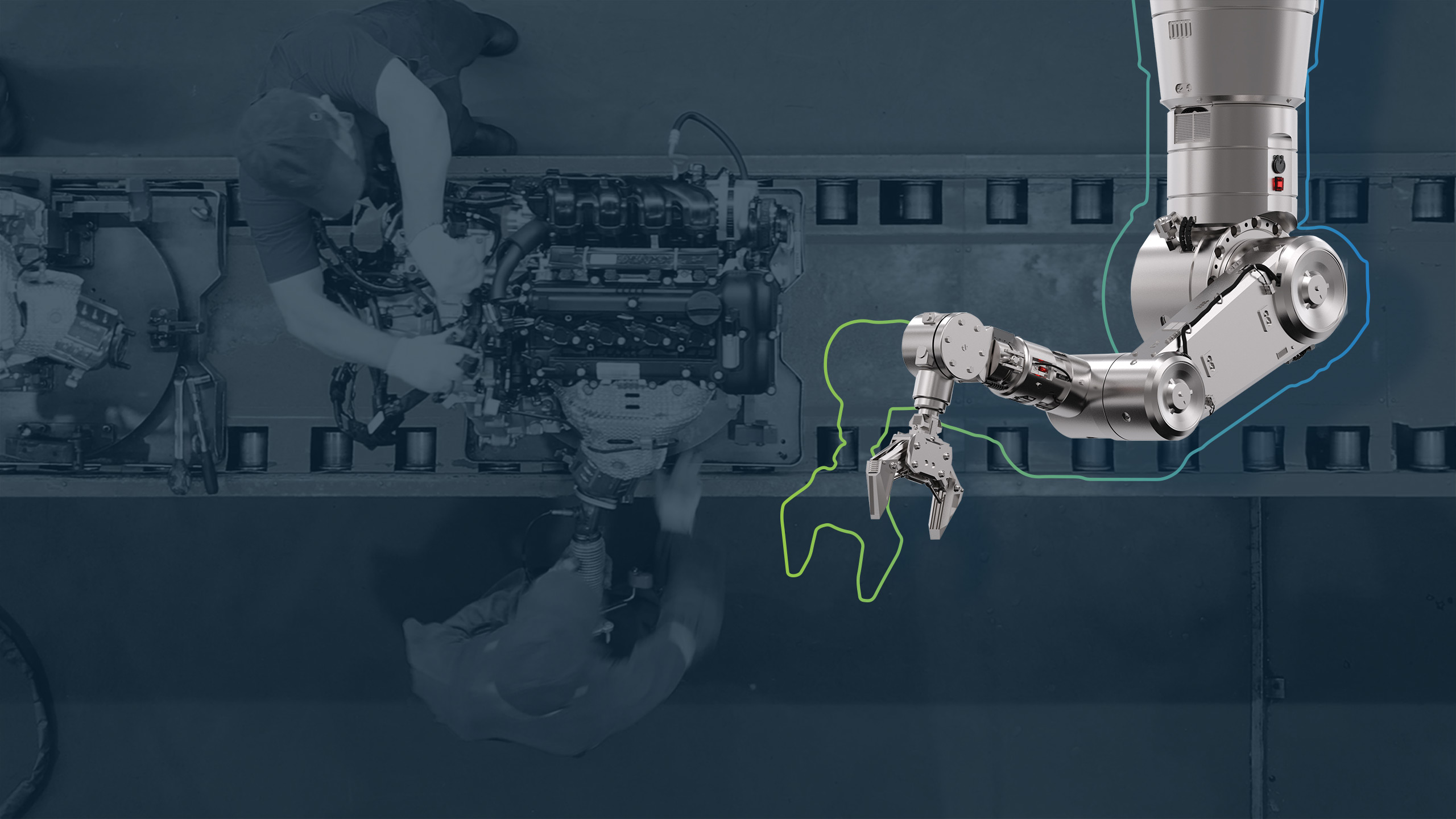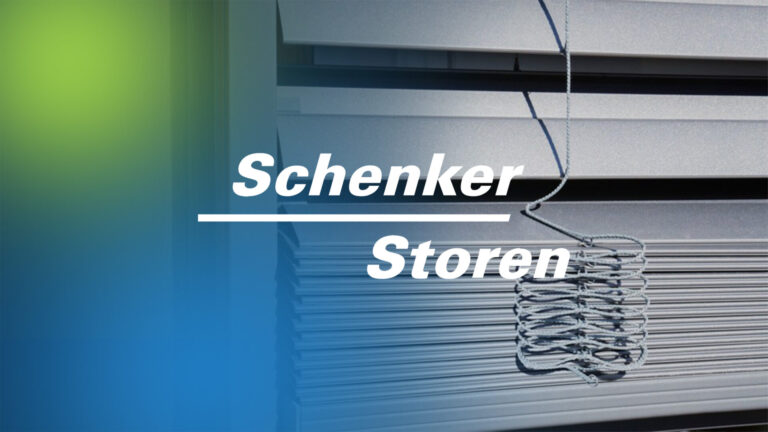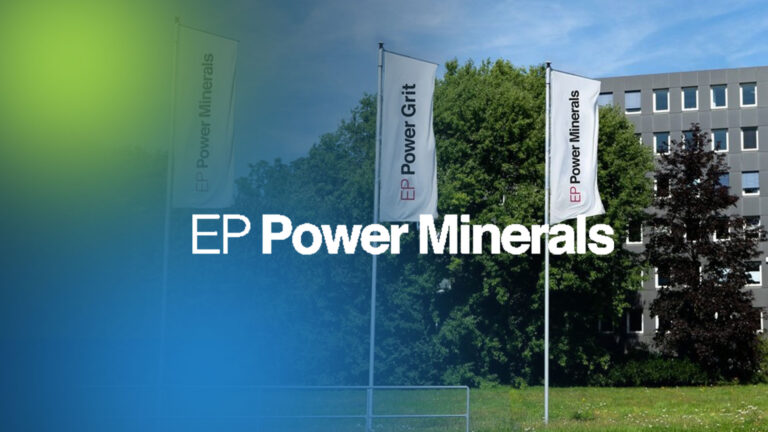
Rothbaum Consulting Engineers
Technical consulting for operations management & strategy
Operations consulting from a holistic perspective
We bring your operations into the digital future, design your business processes and structures with a clear view of your goals and strategies and develop technical solutions for your challenges. This requires modern factories, effective logistics, IT systems and state-of-the-art software. We use state-of-the-art methods to support you in combining efficient value creation processes with modern information technologies to optimize your business processes, thereby analysing and improving the efficiency and flexibility of your entire supply chain.
Our four business areas
We take a holistic view of your operations – with a clear focus on the areas and processes where the heart of your company beats.
Success stories from our projects
Talk to us!
Do you have a specific project inquiry or questions about our services or Rothbaum? Then send us a message and we will get back to you as soon as possible. We look forward to the exchange.
Career at Rothbaum
Operations consulting with current methods
We use proven methods, efficient business process analyses and modern technologies to optimize profitability and process quality in all areas of your operations. You should be given the opportunity to exploit the full digitization and optimization potential of your operations. This enables you to work more profitably, remain flexible and fit for the future.
Our project teams of engineers, business economists and experienced consultants from other disciplines bring experience, methods and processes from over 200 projects in various industries. We want to help you achieve your growth targets and work more flexibly and profitably. Your operational success is our goal. That is how we measure ourselves.






